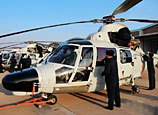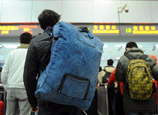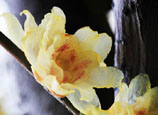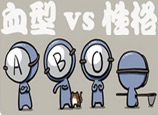
Hatoyama's visit is more of a private one, while Kosaka, the ruling party's envoy, has greater authority to reveal Tokyo's intentions these days, analysts said.
The smooth development of bilateral ties will be a great impetus for domestic economies in both countries, and despite Japan's regional policy of encircling China as well as the so-called "value-oriented diplomacy", the Abe administration knows well the importance of ties with China, said Wang Xinsheng, a professor of Japanese studies at Peking University.
Kosaka's trip, in particular, shows that the Japanese government, led by the hawkish Abe, "has not ruled out diplomatic contacts" under its framework of reining in China, Wang said.
China has long maintained friendly exchanges with various Japanese political parties, both the ruling and opposition, which "helps foster mutual understanding and boost the healthy development of bilateral ties", said Foreign Ministry spokesman Hong Lei.
Qu Xing, president of the China Institute of International Studies, said the "key" to a major improvement in ties depends on the way in which the Japanese government treats the Diaoyu Islands dispute.
"Hatoyama has previously called for an acknowledgement of the dispute over the Diaoyu Islands, a move that runs against the Japanese government's lasting stance of denying the dispute's existence. This has prompted the Abe cabinet's cold response to Hatoyama's trip," Qu said.
Japanese public sentiment regarding China has greatly deteriorated in recent years, a trend similar to the Chinese public's feeling about Japan, said Yasuko Tsuru, a professor of international politics at Chuo University in Tokyo.
Building friendships on a personal level between people of both countries is an important recipe, and "understanding each other's concerns is the first step in improving ties", Tsuru said on Tuesday, according to Japan's Yomiuri Shimbun newspaper.

















 Why supervision on 'drug chicken' lacks intensity?
Why supervision on 'drug chicken' lacks intensity?


![]()
